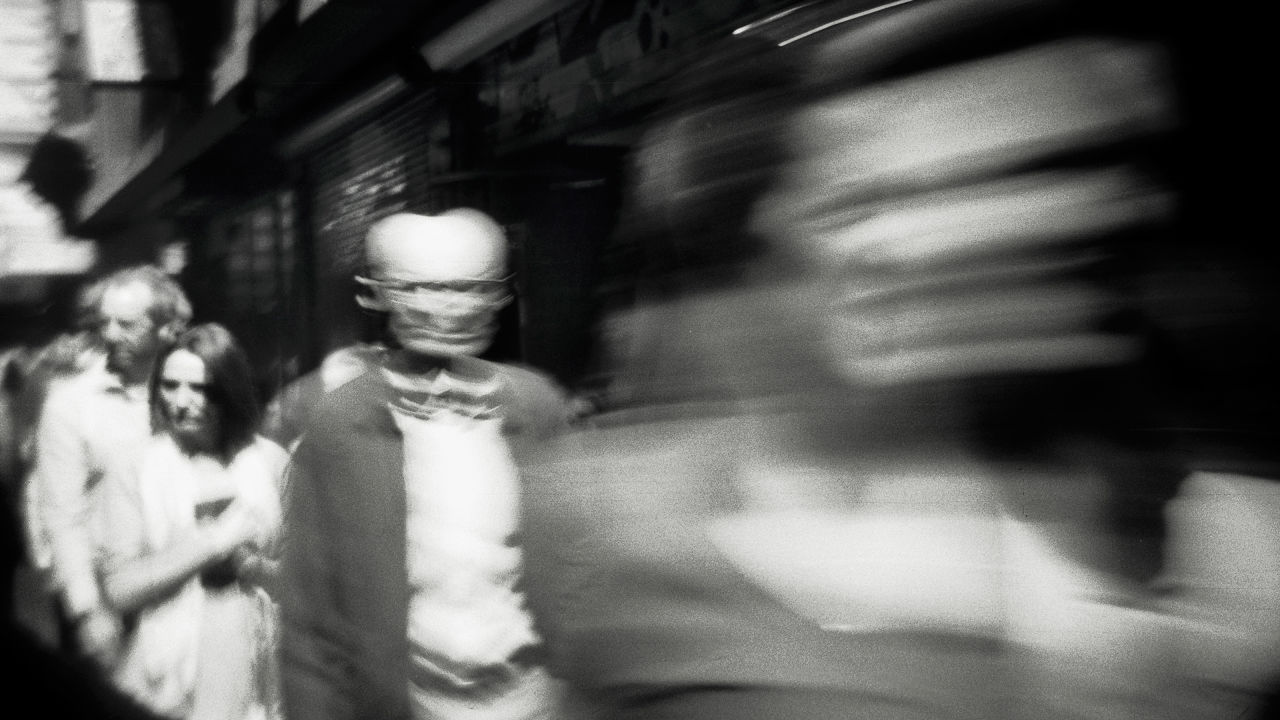How To Trick Your Brain To Slow Down Time
“Where did the time go?” is a question we often ask ourselves. The average life span in the U.S. is 79 years, but some people do a lot more living than others while they’re above ground—not in physical terms, of course, but in their minds.
Famously, time flies when you’re having fun. And it slows way down during moments of extreme experience. Movies love to capture the way everything goes into slow motion during a life-threatening event, but that isn’t just a visual metaphor. Tennis great John McEnroe once described that phenomenon this way: “Things slow down, the ball seems a lot bigger, and you feel like you have more time.”
If our experience of time passing were reliable, we wouldn’t need to check our clocks and watches so often. Subjective time is anything but steady, which opens up an opportunity for us to manipulate it as we like—at least up to a point. Here’s a look at how to adjust two of the key factors that researchers have found influence our experience of time: attention and emotional arousal.
Pay Closer Attention
Simply put, time slows down when you attend to more things. In one study, researchers found that when our attention shifts onto something novel, time appears to tick by more slowly. Think of the last time you walked somewhere you’d never been. Everything was new, and you probably spent a lot more time focusing on and thinking about all your new surroundings. Then on the way back, it seemed to go so much faster.
In that case, your attention shifting around was due to something novel you came across, driven by the situation. Obviously, there’s no way to walk down that same street for the first time a second time. But there may be a different way of paying closer attention that you have some control over: We can notice more of what’s happening at any moment by simply being more mindful. Mindfulness meditation, which is geared to helping people more fully attend to aspects of the present moment,has been shown to slow down perceived time.
On the flip side, if you’re lost in just one task, time just whizzes by. Maybe it’s the weekend and you’re finally painting the baby’s room or straightening up the house, and before you know it Sunday is over. When we focus on just one thing and are largely unaware of anything else, that speeds time up. Neuroscientists have even shown that the more engaged our attention is, the faster we perceive time moving.
So in order to slow down or speed up your sense of time passing, one of the most effective levers to pull (in either direction) is how much and what kind of attention to you pay to a given experience.
Get Amped Up
A second lever is what psychologists call “emotional arousal.” When our emotions are highly engaged and the blood starts pumping, we may be able to experience more time.
For example, when researchers showed people angry or happy faces (both are emotionally arousing), people thought they saw the faces for longer than when they saw faces that didn’t display emotion. Additionally, participants’ brain scans showed a different pattern of activity in the parts of the brain thought to be involved in subjective time perception. This helps explain why athletes like McEnroe may feel time slow down during emotional, high-stakes competitions.
One study took this to a more extreme level and put participants into freefall, to scare the bejesus out of them. The goal was to see whether being terrified reliably slows down time. Sure enough, it did—by 36%, in fact. While participants were falling through the air, they were no better at actually seeing things in slow motion. But their recollection of the fall was that it took longer than it actually did. This isn’t to say that if you want to experience time move slowly you need to go skydiving. But it does point to the emotional triggers that may lead to that impression.
So if you want to experience more time in the time you actually have, expose yourself to novel things and be more mindful of what’s going on. If you can train your brain to become more conscious of what’s around you, you’ll likely get to have more life experiences overall. Or you could just get yourself amped up from time to time: Whether that’s through positive (excitement) or negative (anger) emotions or something in between, adding more emotional arousal to your experiences may also help you feel like there was more time than there actually was.
As for the axiom that time flies when you’re having fun, it turns out that link is even stronger than you may think. One study found that, all else being equal, we think we had more fun if we thought time flew by. So slow down time at your own risk. There are times when you may want to experience more of life or think more deeply about all the things you want to give your attention to. Other times, you just want to have fun.
related video: How To Conquer Your Brain’s Autopilot And Take Control Of Your Decisions
Fast Company , Read Full Story
(40)














